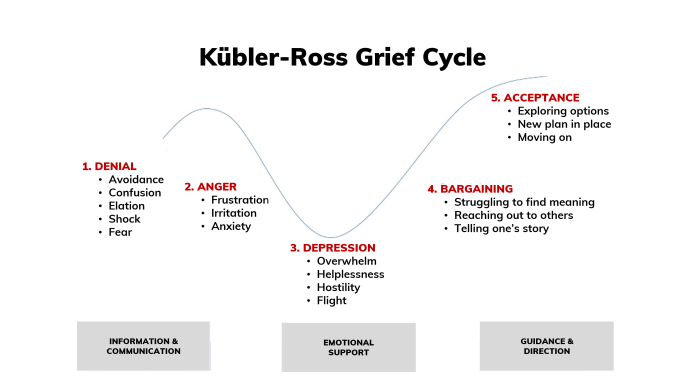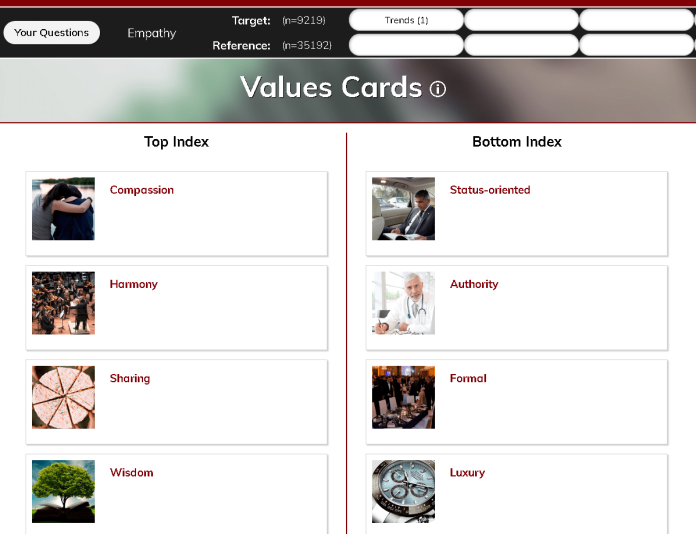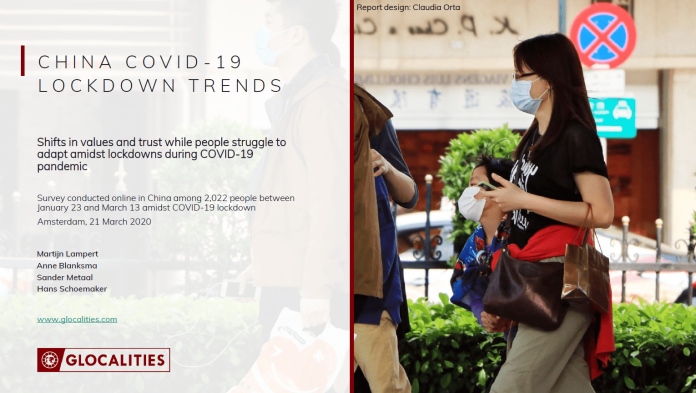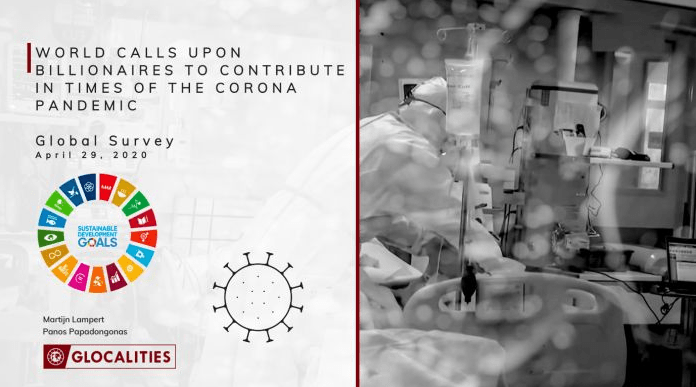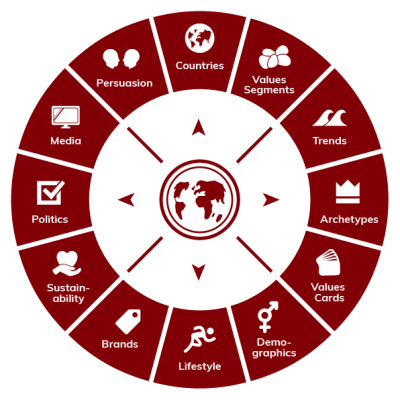Time to add empathy to your dashboard
How insights professionals can navigate uncertainty in times of crisis.
Let’s face it. There is no such thing as a ‘’new normal’’. We are in the midst of a historical period of disruptive change.
Scroll down to read the full article!
What does this mean for the strategy and insights function at corporations, governments, and NGOs? What can they do to increase resilience and spot opportunities and trends in a continuously changing landscape?
Coping with crises
The Kübler-Ross model, or the five stages of grief, explains various reactions to crises and coping with loss. Elizabeth Kübler-Ross describes critical elements in dealing with grief, such as information and communication, emotional support, and guidance and direction. Although heavily debated, because the phases do not necessarily occur in the same order, the model describes stages of denial, followed by anger, depression, bargaining, and a period of acceptance and moving on. All these elements are present in situations of grief, and people can often move between these stages. Intelligence must be sided by empathy
in order to guide successfully.
Evolutionary theory states that the most adaptive of species succeed in overcoming the most severe challenges and crises. Humans are the most intelligent species on earth. We are able to thrive in the harshest of circumstances and environments. However, intelligence alone is not enough for getting through the crises in good shape. People can only succeed by working together. The pandemic can only be overcome by collective action. Therefore, intelligence needs to be sided by another unique human capacity.
In times of crisis the capacity for empathy is increasingly important for brands and organizations. Humans are able to step into the shoes of other people. Most of them are willing to follow guidelines because they see that they are part of a bigger community.
Changing values, a larger purpose
and the need for social intelligence.
Both functions are pivotal for staying ahead and guiding your organization through challenging times with strategic and practical insights. Looking through the rear view mirror won’t work for navigating the current disruptions.
So what changes are happening
below the surface?
Trust in science is rising, as well as a new sense of collectivism. There is an increased importance of social responsibility of companies. People want billionaires who have profited most in from the global economy to step in and contribute their fair share. Governments that help companies stay afloat are demanding from them to act sustainably and responsibly.
For effectively tapping into current trends the social and psychological antenna of the strategy and insights professionals of corporations, governments and NGOs is of vital importance. Instead of merely focusing on the product or service at hand, larger, human-centred and societal perspectives need to be incorporated as well. Organizations need to navigate through and be aware of audiences profiles and sensitivities. In times of crisis, social intelligence is at least as important as business intelligence.
How to integrate empathy into your insights position
The question is how to effectively integrate and ‘’add’’ empathy to the strategy and insights position within your organization. Firstly, it requires to look at consumers, citizens, donors and volunteers the way they are: people in all diversity.
How to stimulate the right blend of
intelligence, creativity and empathy

